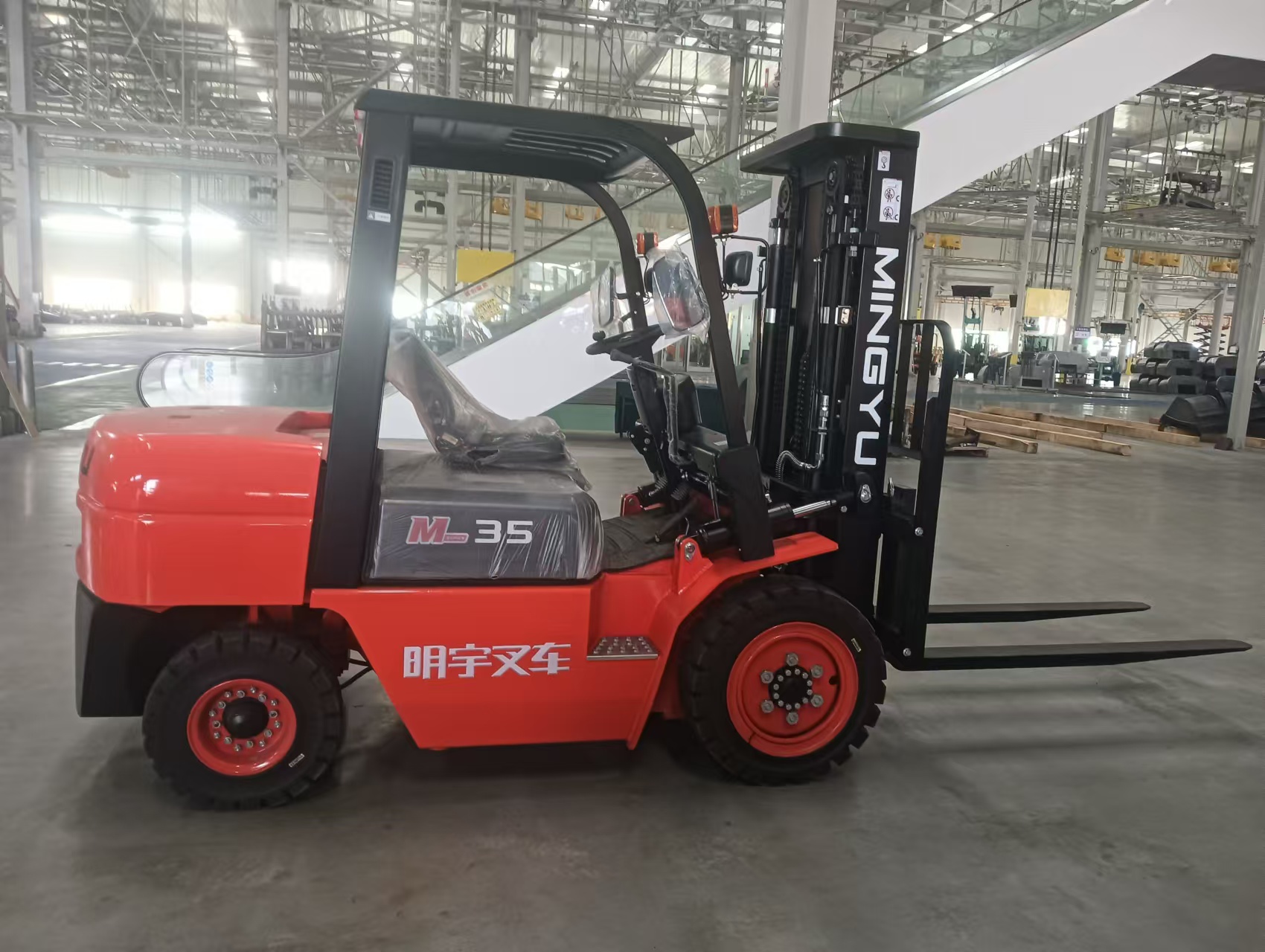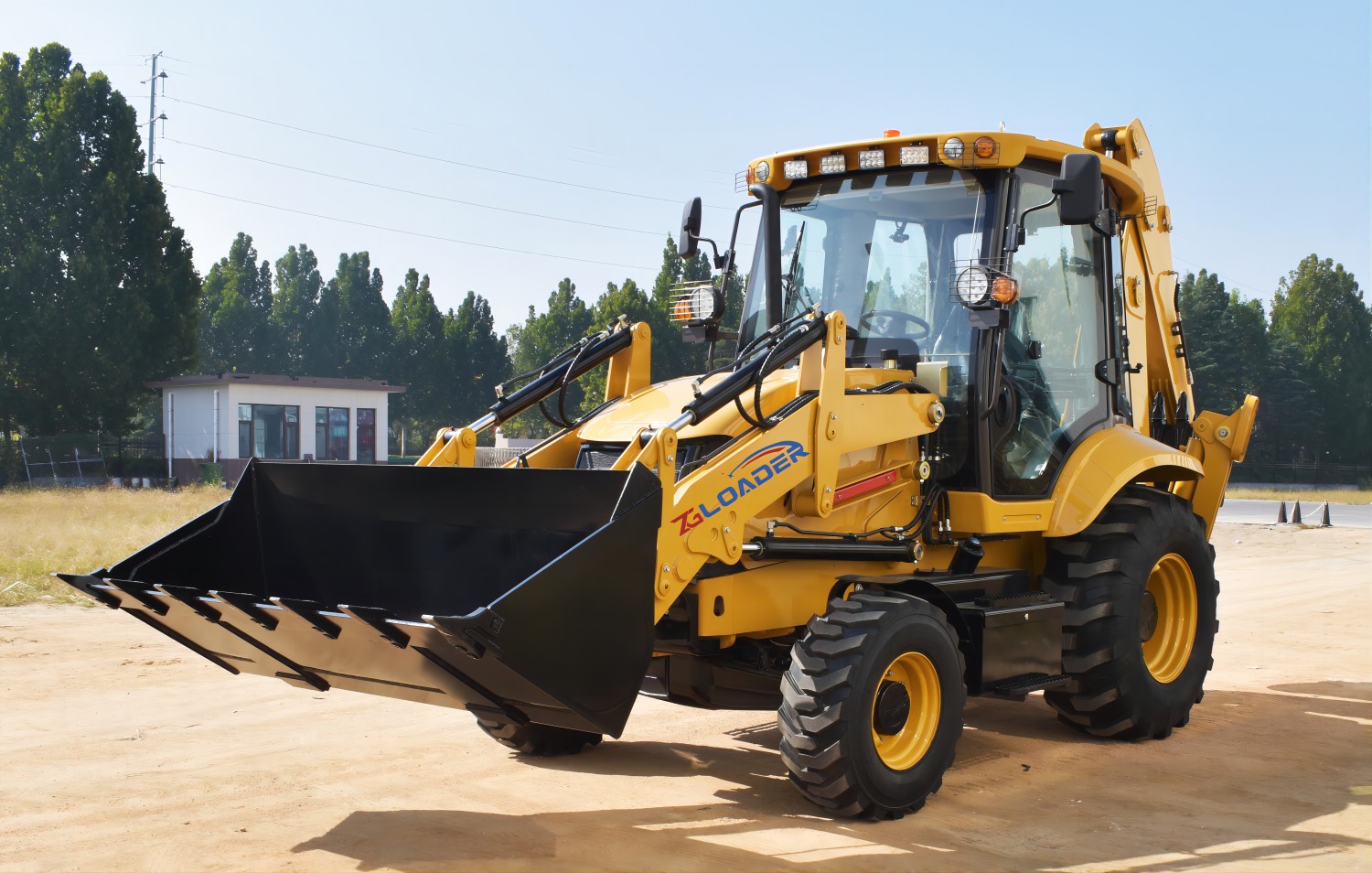Introduction
Heavy equipment operators play a vital role in various industries, including construction, mining, and forestry. Their skills and expertise are essential for projects ranging from building skyscrapers to clearing land. If you're interested in a challenging and rewarding career that involves operating powerful machinery, becoming a heavy equipment operator could be the right path for you.

Understanding the Role of a Heavy Equipment Operator
A heavy equipment operator is responsible for operating large, complex machinery, such as excavators, bulldozers, cranes, and loaders. Their duties include:
- Operating Equipment: Safely and efficiently operating heavy equipment to perform tasks like digging, lifting, and transporting materials.
- Performing Maintenance: Conducting routine maintenance checks and minor repairs on equipment.
- Adhering to Safety Regulations: Following safety protocols and wearing appropriate personal protective equipment.
- Communicating Effectively: Coordinating with other workers on the job site.
Educational and Training Requirements
While formal education is not always a strict requirement, it can provide a solid foundation for a career in heavy equipment operation. Here are some common educational paths:
Formal Education:
- High School Diploma or GED: A basic education is often required.
- Vocational or Technical School Programs: These programs offer specialized training in heavy equipment operation, including hands-on experience.
Apprenticeships:
- On-the-Job Training: Apprenticeships provide valuable hands-on experience under the guidance of experienced operators.
- Classroom Instruction: Apprentices may also receive classroom instruction in safety, equipment maintenance, and industry regulations.
On-the-Job Training:
- Supervised Experience: Many employers offer on-the-job training to new hires.
- Progressive Learning: Operators start with simpler tasks and gradually progress to more complex operations.
Obtaining Necessary Certifications
To work as a heavy equipment operator, you may need specific certifications and licenses:
- Commercial Driver's License (CDL): A CDL is often required for operating large heavy equipment on public roads.
- Operator Certifications: Industry-specific certifications, such as those offered by OSHA or equipment manufacturers, can enhance your job prospects.
Developing Essential Skills
To be a successful heavy equipment operator, you'll need a combination of physical and mental skills:
Physical Fitness:
- Strength and Endurance: The ability to operate heavy machinery for extended periods.
- Coordination and Dexterity: Precise control of the equipment's levers and pedals.
Technical Skills:
- Mechanical Aptitude: Understanding the mechanics of heavy equipment.
- Hydraulics Knowledge: Knowledge of hydraulic systems and their components.
- Electrical Knowledge: Basic understanding of electrical systems in heavy equipment.
Spatial Awareness:
- Depth Perception: The ability to judge distances and clearances.
- Spatial Reasoning: Understanding the relationship between the equipment and its surroundings.
Problem-Solving and Decision-Making:
- Quick thinking and problem-solving skills to handle unexpected situations.
- Ability to make sound decisions under pressure.
Job Outlook and Career Advancement
The demand for skilled heavy equipment operators varies depending on economic conditions and industry trends. However, with the ongoing infrastructure projects and construction activities worldwide, there are ample opportunities for qualified operators.
Career Paths:
- Specialized Operator: Focus on a specific type of heavy equipment, such as excavators or cranes.
- Supervisor: Oversee a team of operators and coordinate their work.
- Equipment Technician: Maintain and repair heavy equipment.
- Instructor: Train new operators and share expertise.
Safety Considerations and Regulations
Safety is paramount in the field of heavy equipment operation. Adhering to safety regulations and best practices is essential to prevent accidents and injuries.
- OSHA Safety Standards: Familiarize yourself with OSHA regulations for heavy equipment operation.
- Personal Protective Equipment (PPE): Wear appropriate PPE, including hard hats, safety glasses, gloves, and steel-toed boots.
- Emergency Procedures: Know how to respond to emergencies, such as equipment malfunctions or accidents.
- Regular Inspections: Conduct regular inspections of equipment to identify and address potential hazards.
Becoming a heavy equipment operator is a rewarding career choice for those who enjoy working with machinery and solving complex problems. By obtaining the necessary training, certifications, and skills, you can embark on a fulfilling career in this dynamic industry.
Post time:Nov.19.2024

